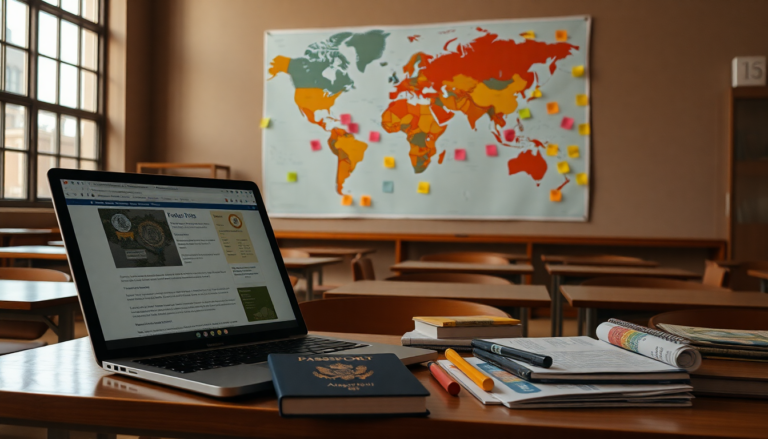Argomenti trattati
The ongoing changes in immigration policies, particularly travel bans, have significant implications for international students aspiring to study in the United States. These restrictions can create a climate of uncertainty and anxiety not only for prospective students but also for those currently enrolled. Understanding the ramifications of these policies is crucial for all stakeholders involved in international education.
Travel bans and their implications
Travel bans affect individuals from specific countries, leading to concerns about their ability to enter the United States. Under the current administration, nationals from several countries face restrictions, making it challenging for potential students to secure visas. Those who already hold valid visas or who were present in the U.S. when the bans were enacted may not be immediately impacted. However, individuals from these countries planning to study in the U.S. are now confronted with significant barriers.
The travel ban has created a ripple effect, as current students express fears about their future. Many worry about the prospect of being unable to return home during academic breaks or participate in fieldwork opportunities. This uncertainty can lead to increased stress and anxiety, detracting from their educational experience. Furthermore, students who may have planned to study abroad or visit family may find themselves unable to do so, further complicating their academic and personal lives.
Challenges faced by international students
The landscape for international students has changed dramatically due to these travel restrictions. For example, students from countries affected by the bans report feeling isolated and anxious about their futures. Some are concerned that their dreams of obtaining a degree in the U.S. may no longer be achievable. Those who had already begun their studies may face additional scrutiny when seeking to travel abroad or return to their home countries.
This situation is particularly troubling for students whose families reside in the countries affected by the bans. The inability to reunite with loved ones or visit family members can lead to emotional distress. Students have expressed concerns about missing important family events or being unable to provide support during difficult times.
Responses from community leaders
In response to these travel restrictions, community leaders and activists have voiced their concerns, highlighting the broader implications of such policies on vulnerable populations. Many argue that these bans are rooted in discrimination and exacerbate existing inequalities. Activists emphasize the importance of standing up for the rights of international students and immigrants, advocating for policies that promote inclusivity rather than exclusion.
Community organizations have organized rallies and discussions aimed at raising awareness about the challenges faced by affected individuals. By fostering dialogue, these initiatives seek to empower students and provide them with the support they need during these uncertain times. The collective effort emphasizes the need for understanding and compassion within communities, particularly towards those navigating the complexities of immigration and education.
The way forward
As the situation continues to evolve, it is essential for educational institutions to remain informed and adaptable. Universities and colleges must develop strategies to support international students effectively. This includes providing resources for mental health support and legal assistance to help navigate the complexities of immigration policies. Institutions can also foster a sense of community by encouraging connections among students from diverse backgrounds.
Ultimately, the experiences of international students amidst travel bans highlight the critical need for policies that prioritize access to education for all individuals, regardless of their nationality. By advocating for inclusive practices and understanding the unique challenges faced by these students, society can work towards a more equitable future.

